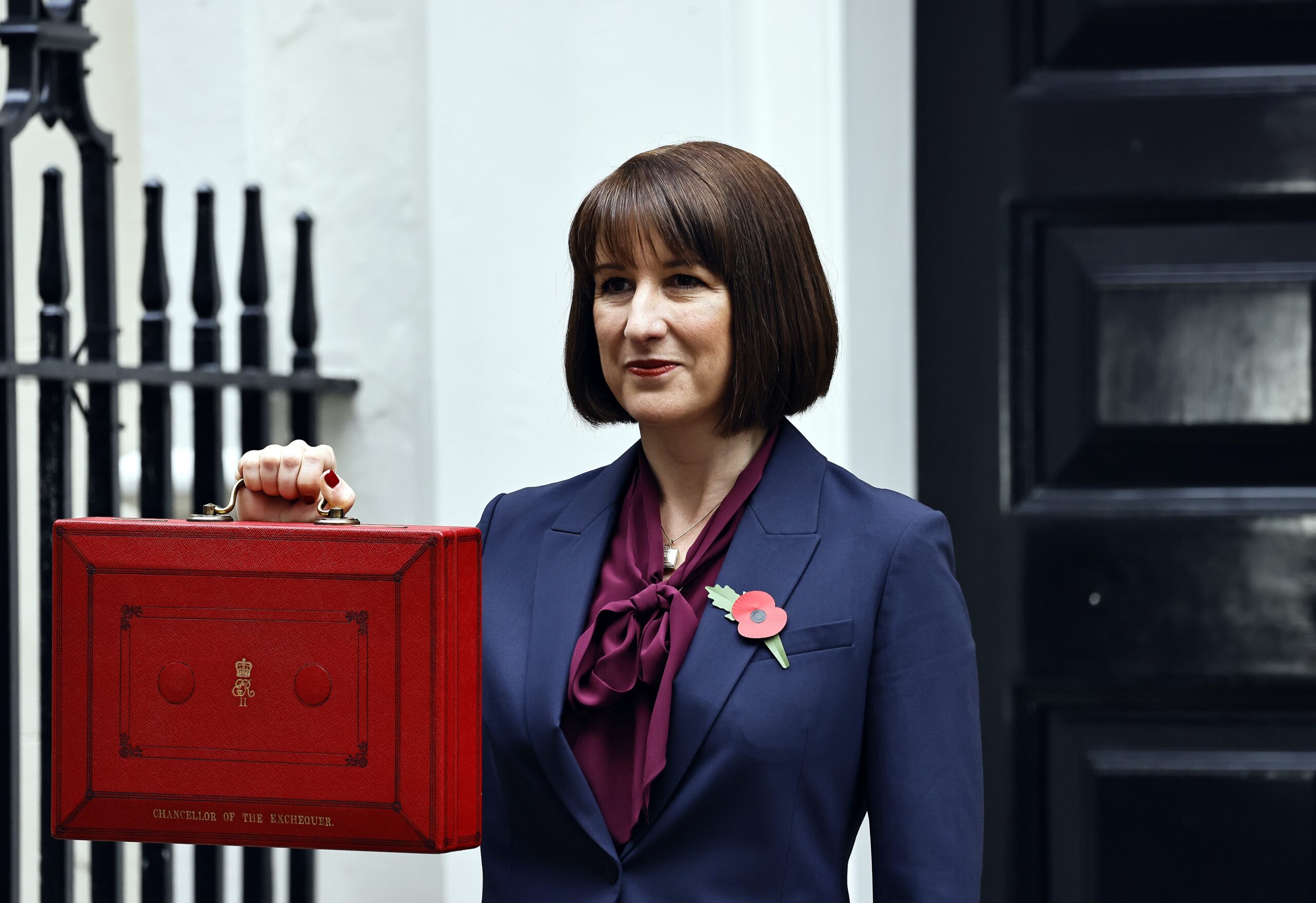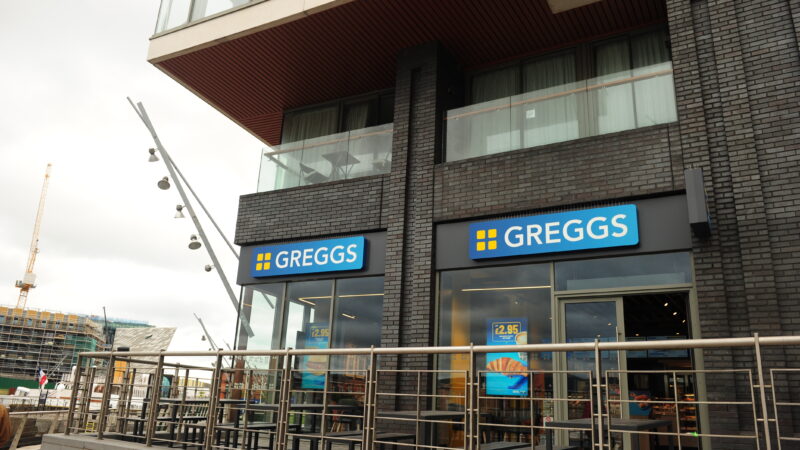High food inflation and little relief for businesses – reaction to Autumn Budget

Business organisations have been reacting to the 2025 Autumn Budget, which the Chancellor of the Exchequer announced on Wednesday 26th November.
In her second Budget as Chancellor, Rachel Reeves announced several measures which will impact working people and businesses, including increasing the Minimum Wage and the National Living Wage.
However, the Budget has been criticised for not supporting economic growth or for supporting small to medium businesses. In their assessment, grocery insight charity, IGD described it as a “tough Budget for shoppers”.
“IGD expects food inflation to persist into 2027, with government policy contributing about a third of this pressure,” said James Walton, Chief Economist at IGD.
“Food inflation will run ahead of overall inflation, making food relatively more expensive. Therefore, food shoppers will remain extremely cautious and reluctant to spend and the operating environment for food businesses will remain extremely difficult.
“The next few years will be characterised by weak volume growth and tight profits across retail and away from home.”
He added that there was no immediate relief on the horizon for consumers or businesses.
“The increased taxation will slow volume growth which means less investment for the future resilience of the food system,” he said.

“There are opportunities for growth out there and targeted policy changes could unlock this, especially in horticulture and poultry. These changes could release £5 billion of investment and create 60,000 jobs, and that means genuine economic progress.”
Reacting to the Budget’s impact on Northern Ireland, the NI Retail Consortium said it was calling on the Executive to cut business rates here.
“There is little to bring festive cheer to either shoppers or retailers in this Budget,” said NIRC Director, Neil Johnston.
“Shoppers will find less in their pockets following the freezing to tax thresholds and retailers face increased pay costs.
“Retailers in England at least have the prospect of reduced business rates bills following the Chancellor’s announcements. Retailers in Northern Ireland do not. We await with interest to see what the Executive’s reaction will be.
“NIRC is clear – we need to cut business rates here in Northern Ireland too.”

Finance Minister John O’Dowd agreed there was little in the Budget to “support economic growth and for small to medium businesses” and said that despite calls to support the hospitality industry here by reducing the VAT rate, he said those calls “went unanswered”.
“Ahead of the Chancellor’s Budget, I have consistently called on Westminster to support families, workers and small businesses,” said the Finance Minister.
“This Budget further strengthens the need for fiscal devolution. My Department will now intensify work to progress this.”
Following the Autumn Budget, the Executive will receive £370 million of additional funding over the Spending Review Period with £240 million of this for day-to-day spending and £130 million for capital.
Welcoming the additional funding, Mr O’Dowd said he was committed to working with Executive colleagues to “prioritise and agree allocations in the December Monitoring Round”.
Meanwhile, the Federation of Independent Retailers said the Budget had seen “swings and roundabouts” for independent retailers.
While it welcomed the announcement of a crackdown on illicit traders, the Fed said it is concerned about continuing high costs, including rises in the Minimum Wage, which will harm small businesses.”

“We have campaigned long and hard for the government to get tough on those who trade in illicit goods and provide more resources for Trading Standards to carry out enforcement,” said the Fed’s National President, Hetal Patel.
“I wrote to the Chancellor personally regarding this issue immediately before the Budget, so it is pleasing to see action being promised. However, the introduction of licenses to sell tobacco products and vapes will place a further burden on honest shopkeepers.
“We want to see any scheme implemented flexibly so it doesn’t just cause more red tape for responsible retailers like our members.”
He added it was disappointing that the increase in the Minimum Wage is above inflation, stating the Fed had called for any increases to be kept in line with inflation.
“Unfortunately, higher wage bills will lead to more staff having their hours cut or even losing their jobs, with retailers having to take on even more hours themselves,” he said.






